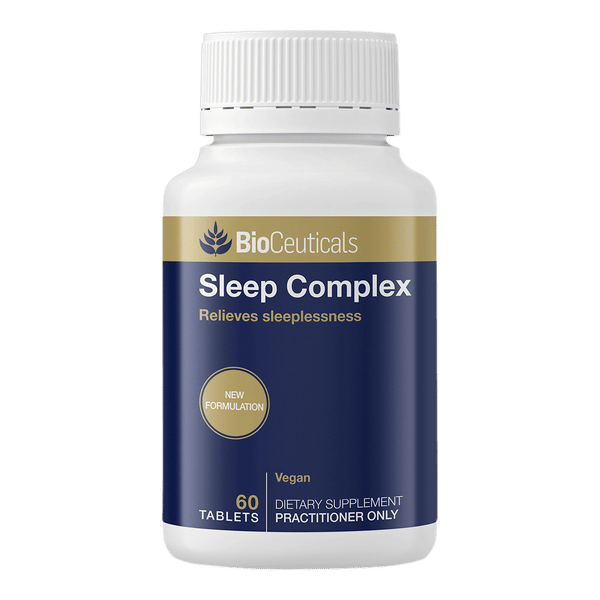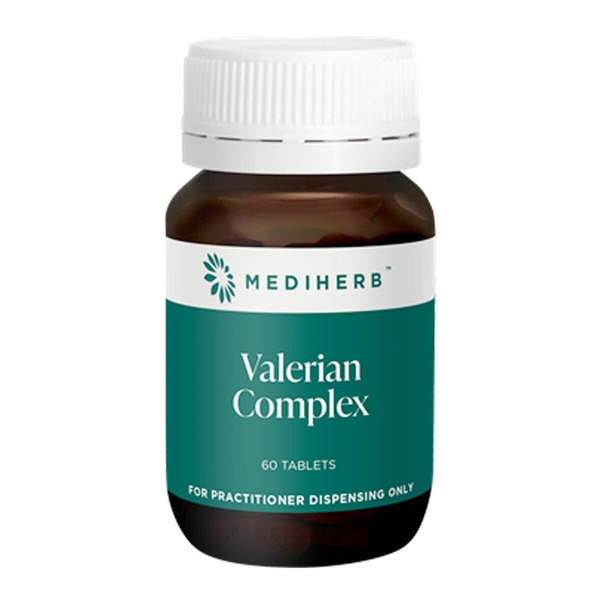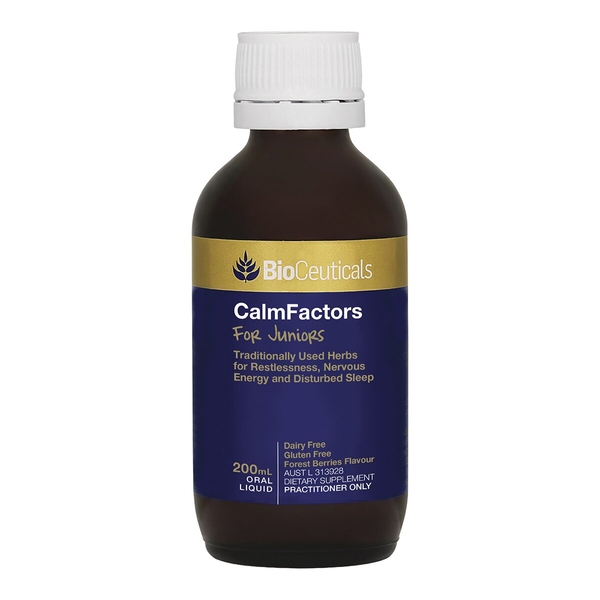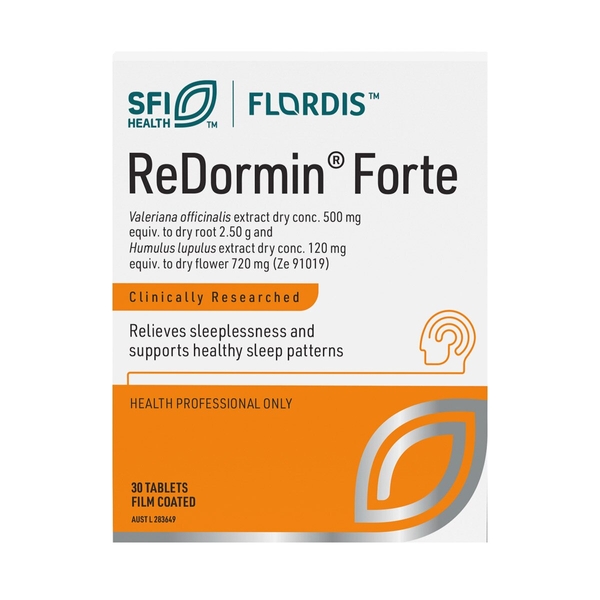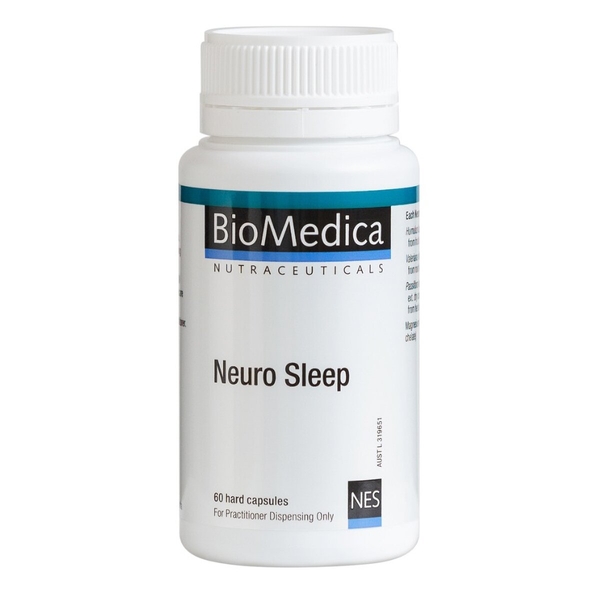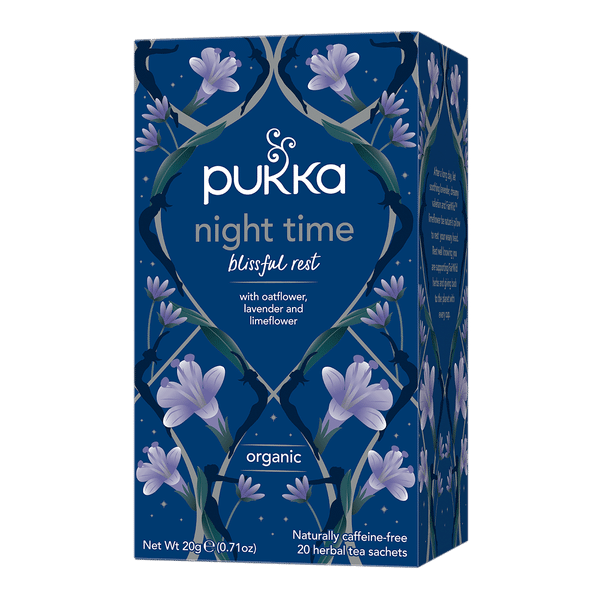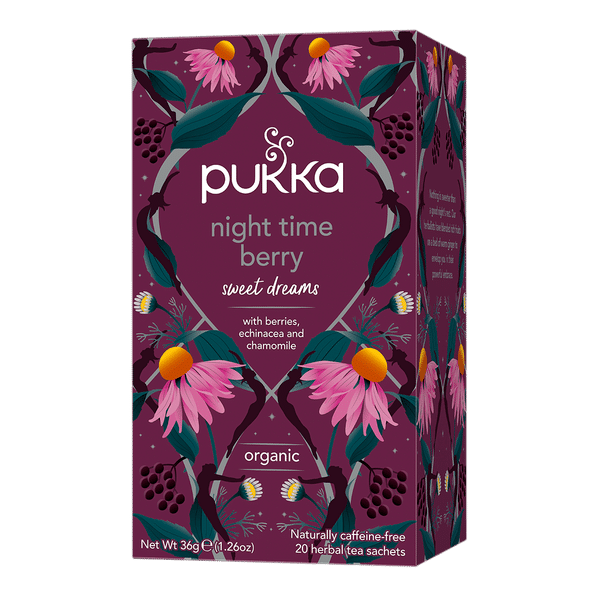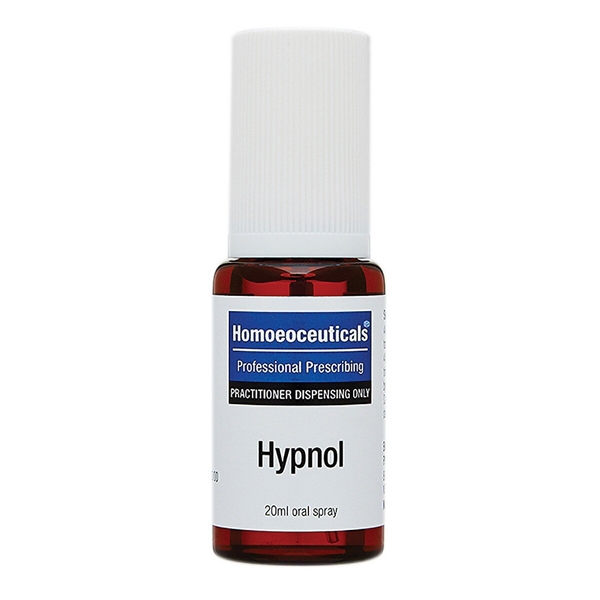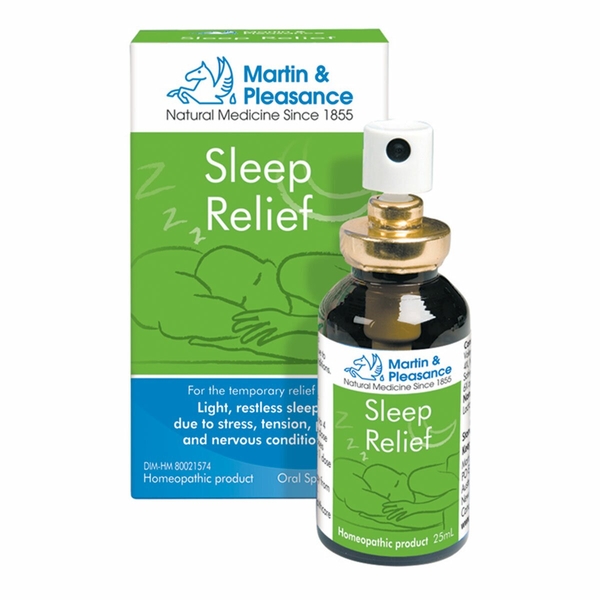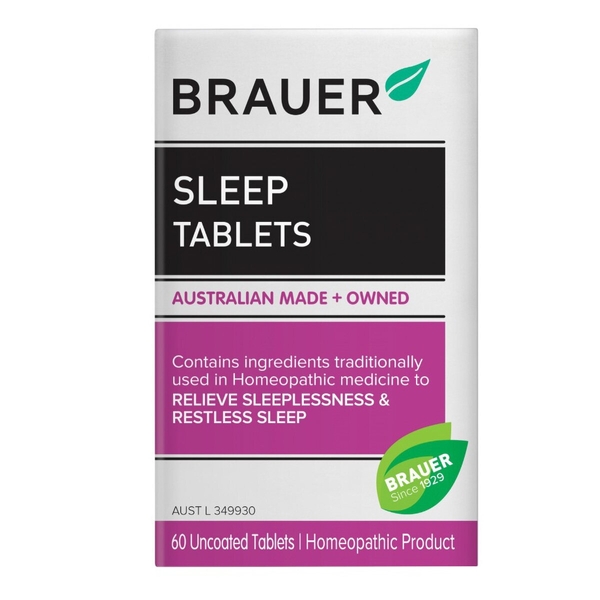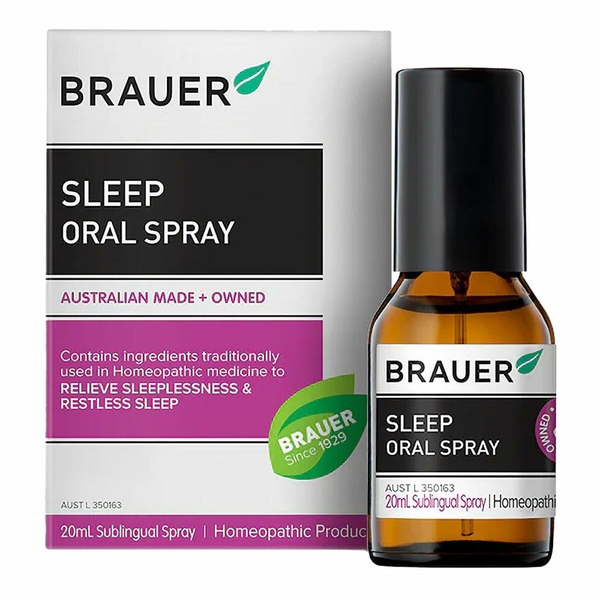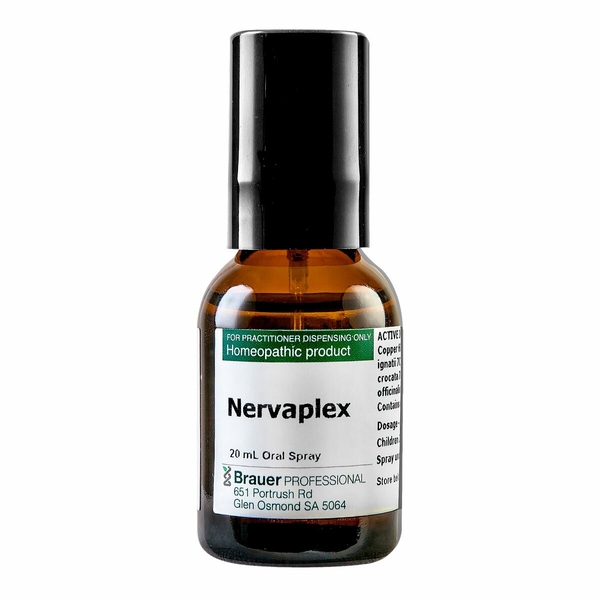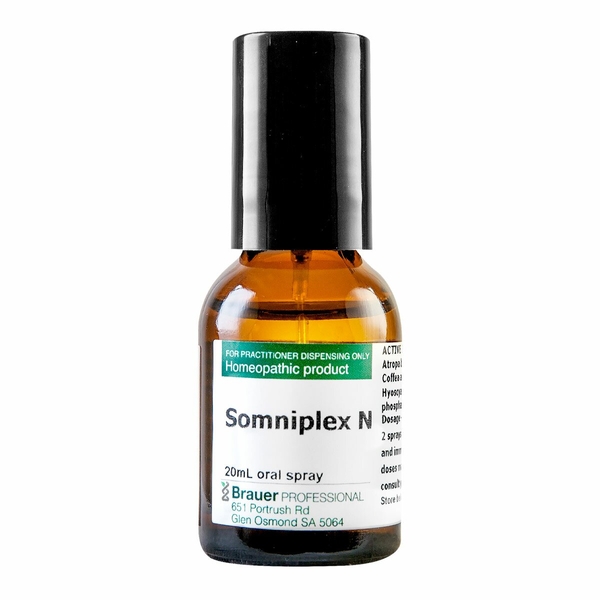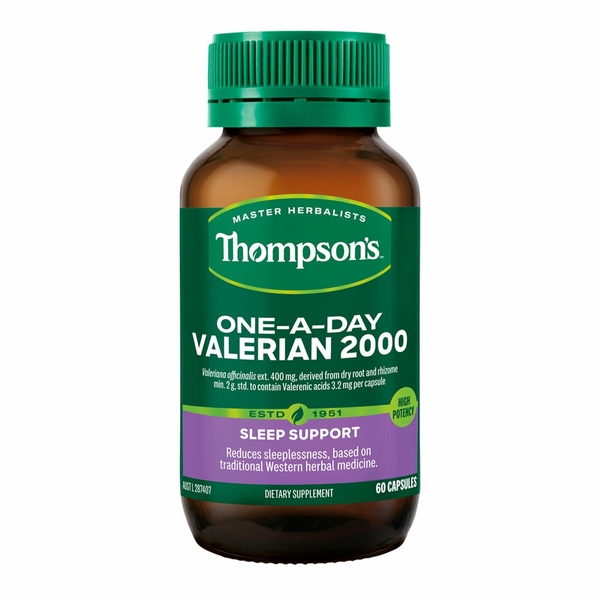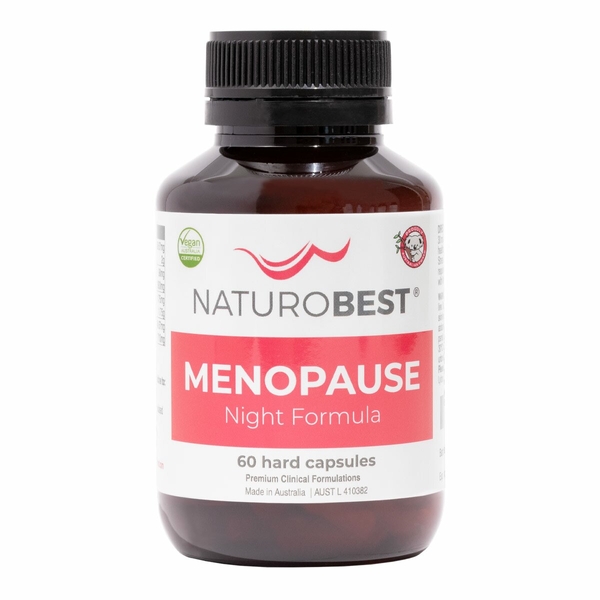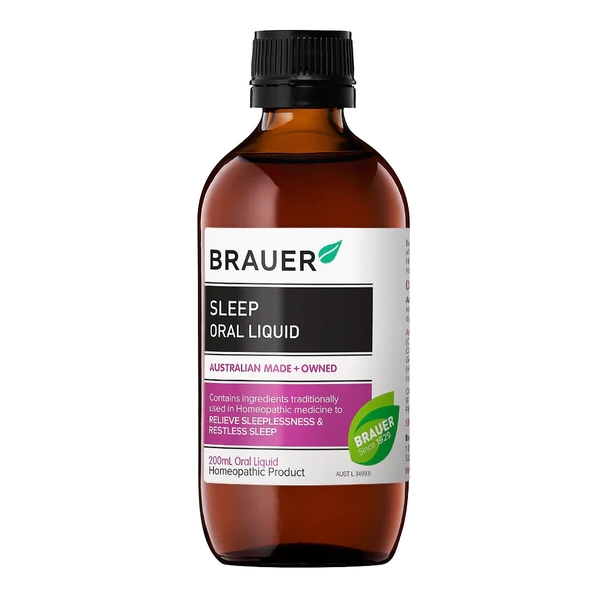
Background
Valerian can grow to be just over 6 feet tall and has a strong odor. It seems to act like a sedative in the brain and nervous system. Valerian has been used as a traditional medicine dating back to ancient Greek and Roman times.
People commonly use valerian for sleep disorders, especially insomnia. Valerian is also used for anxiety, stress, and many other conditions, but there is no good scientific evidence to support most of these uses.
Safety Safety definitions
Valerian is usually well-tolerated. Some common side effects include dizziness, drowsiness, headache, stomach upset, mental dullness, and vivid dreams. It might cause withdrawal symptoms when discontinued after long-term use. To avoid withdrawal symptoms after long-term use, it's best to reduce the dose slowly over a week or two before stopping completely.
Special Precautions & Warnings:
Pregnancy and breast-feeding: There isn't enough reliable information to know if valerian is safe to use when pregnant or breast-feeding. Stay on the safe side and avoid use.Children: Valerian is possibly safe for children when taken by mouth appropriately for 4-8 weeks.
Surgery: Valerian slows down the central nervous system. Anesthesia and other medications used during surgery also affect the central nervous system. The combined effects might be harmful. Stop taking valerian at least two weeks before a scheduled surgery.
Effectiveness
- Insomnia. Taking valerian root extract 300-600 mg by mouth daily seems to improve sleep quality. Continuous use for up to 4 weeks might be needed before an effect is noticeable.
Dosing & administration
Interactions with pharmaceuticals
Alcohol (Ethanol)
Interaction Rating=Moderate Be cautious with this combination.
Alcohol can cause sleepiness and drowsiness. Valerian might also cause sleepiness and drowsiness. Taking large amounts of valerian along with alcohol might cause too much sleepiness.
Alprazolam (Xanax)
Interaction Rating=Moderate Be cautious with this combination.
Valerian might cause sleepiness. Alprazolam also causes sleepiness. Taking valerian along with alprazolam might cause too much sleepiness.
Medications changed by the liver (Cytochrome P450 2D6 (CYP2D6) substrates)
Interaction Rating=Minor Be watchful with this combination.
Some medications are changed and broken down by the liver. Valerian might change how quickly the liver breaks down these medications. This could change the effects and side effects of these medications.
Medications changed by the liver (Cytochrome P450 3A4 (CYP3A4) substrates)
Interaction Rating=Minor Be watchful with this combination.
Some medications are changed and broken down by the liver. Valerian might change how quickly the liver breaks down these medications. This could change the effects and side effects of these medications.
Medications changed by the liver (Glucuronidated drugs)
Interaction Rating=Moderate Be cautious with this combination.
Some medications are changed and broken down by the liver. Valerian might change how quickly the liver breaks down these medications. This could change the effects and side effects of these medications.
Sedative medications (CNS depressants)
Interaction Rating=Moderate Be cautious with this combination.
Valerian might cause sleepiness and slowed breathing. Some medications, called sedatives, can also cause sleepiness and slowed breathing. Taking valerian with sedative medications might cause breathing problems and/or too much sleepiness.
Interactions with herbs & supplements
Interactions with foods
Products
View all products- Valeriana officinalis (Valerian)
- Lepidium meyenii
- Angelica polymorpha
- Vitex agnus-castus (berry)
- Dioscorea villosa
- Lycium barbarum
- Luo Han Guo (fruit) ext. (Monk fruit)
- Turnera diffusa
- Glycyrrhiza glabra (root)
- Humulus lupulus (flower)
- Passiflora incarnata
- Arctostaphylos uva-ursi
- Juniperus communis (berry)
- Zea mays


